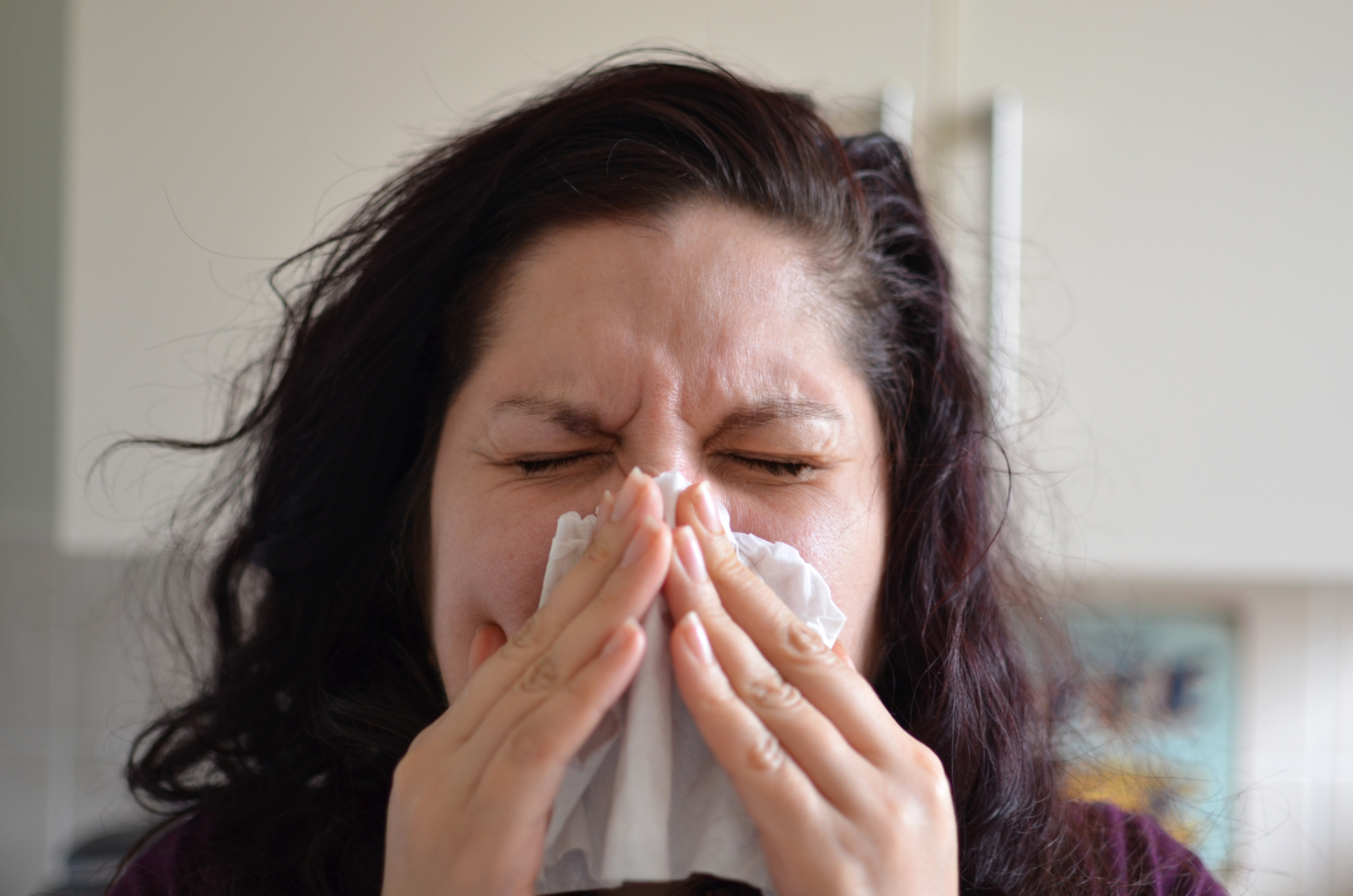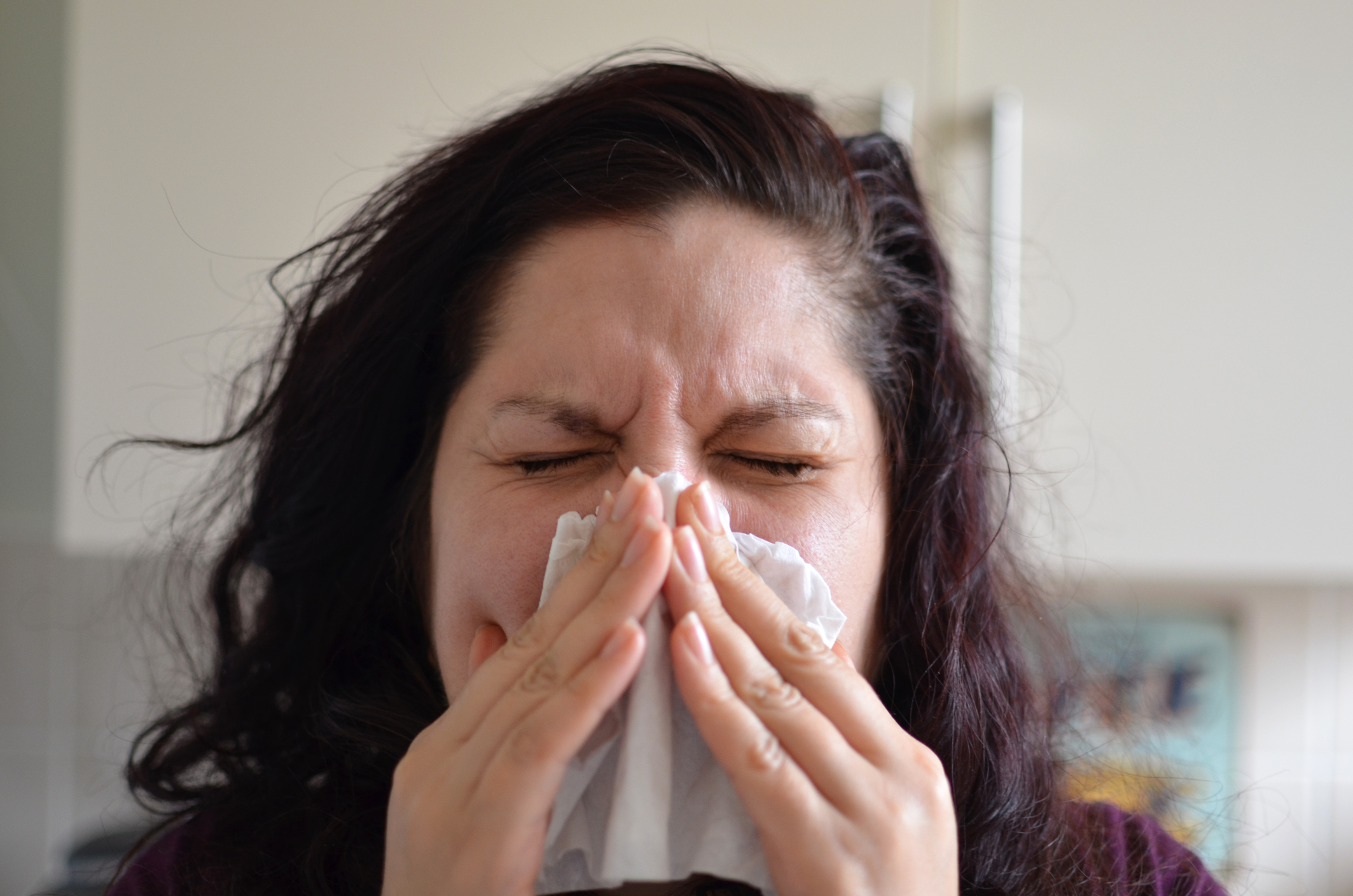Hay fever sufferers are at risk as 'pollen bomb' hits
Be careful out there!


Bad news if you suffer from hay fever, as a pollen bomb is attacking the UK this week.
Hot weather followed by lots of rain has created a storm of pollen, as experts warn it could make symptoms much more severe. More than six million of us Brits deal with the awful symptoms of hay fever every summer, including runny nose, itchy eyes, itchy throat and headaches.
But more serious symptoms could occur in some sufferers, as hay fever and asthma are closely linked. Around 80 per cent of asthma sufferers also find that it’s worse when pollen counts are high.
Sonia Munde, Nurse Manager at Asthma UK explains that warm and wet weather can put sufferers at risk. ‘Thunderstorms can have a devastating impact on people with asthma and trigger an asthma attack which could be fatal.’
‘Humid, stormy conditions break the pollen into much smaller particles, which are then inhaled more deeply into the lungs and can lead to life-threatening asthma attacks.’

Read more: Hay fever when pregnant: Is it safe to take hay fever medication during pregnancy?
Most hay fever sufferers are allergic to grass pollen, which effects 90 per cent of hay fever sufferers, according to national charity Allergy UK.
GoodtoKnow Newsletter
Parenting advice, hot topics, best buys and family finance tips delivered straight to your inbox.
Antihistamines are one of the most common ways to relieve symptoms, available in tablet form, and as nasal sprays and eye drops. But the most effective way to prevent it is to avoid pollen - which is easier said than done.
If possible, keep windows and doors closed when inside and avoid using a washing line. The pollen count is highest early in the morning and the evening, which is unfortunately when many people commute to and from work.
Researchers have discovered that air pollution makes hay fever worse. When high levels of pollen mix with high levels of air pollution, it’s bad news for sufferers everywhere.
Surprisingly, the pollution levels are 30 times higher on underground transport like the tube, as opposed to the roads above.

Lucy Buglass is a Digital Writer for What's on TV, Goodto.com, and Woman&Home. After finishing her degree in Film Studies at Oxford Brookes University she moved to London to begin her career. She's passionate about entertainment and spends most of her free time watching Netflix series, BBC dramas, or going to the cinema to catch the latest film releases.